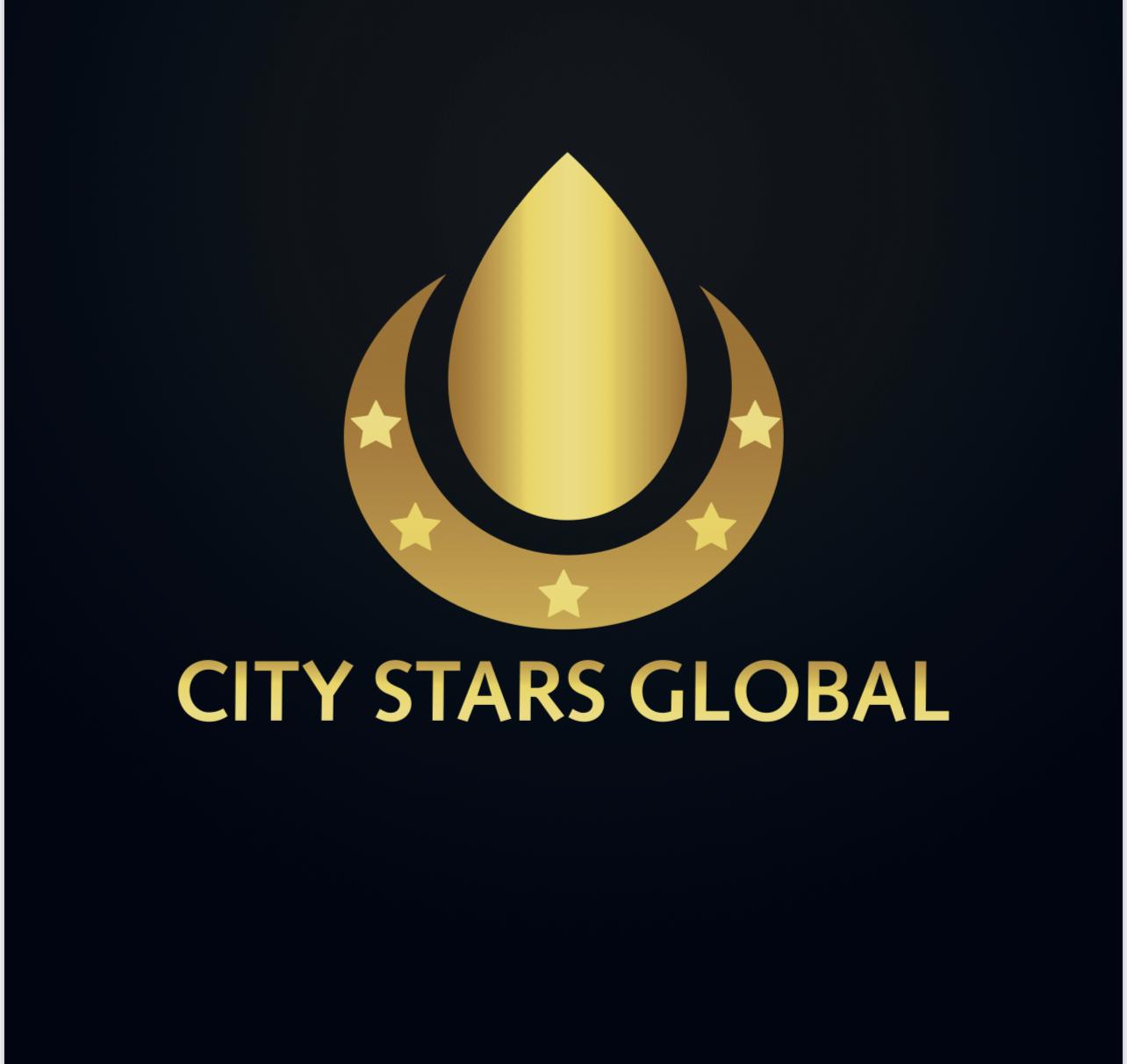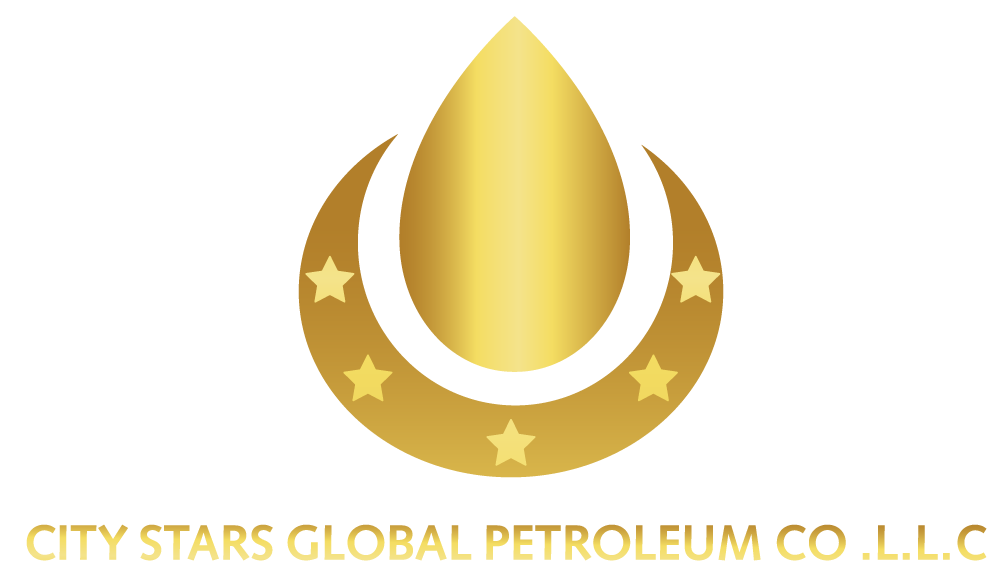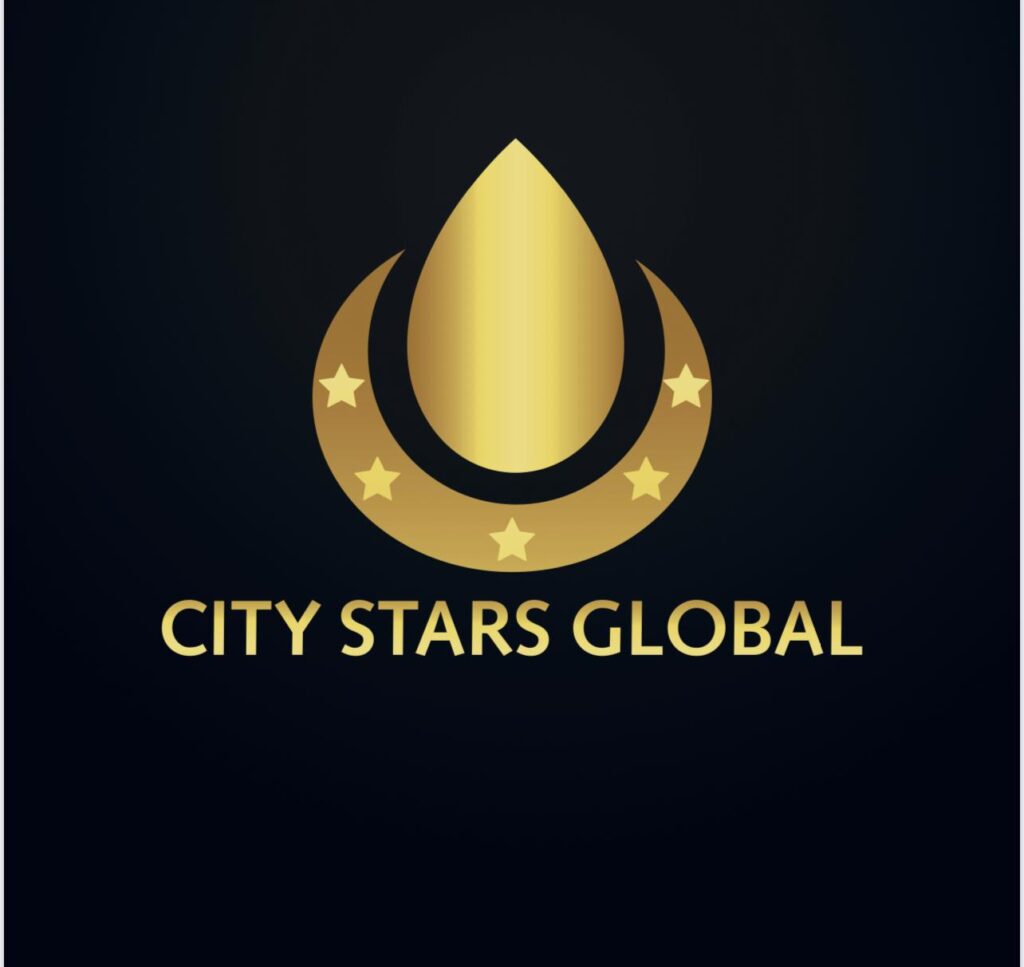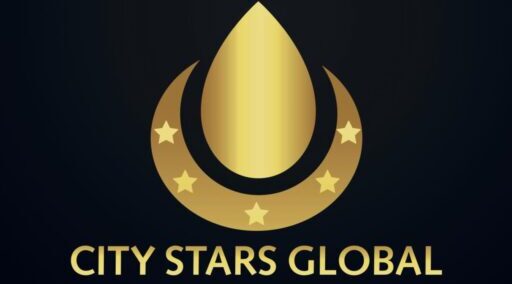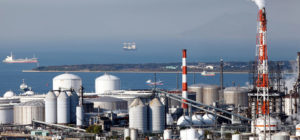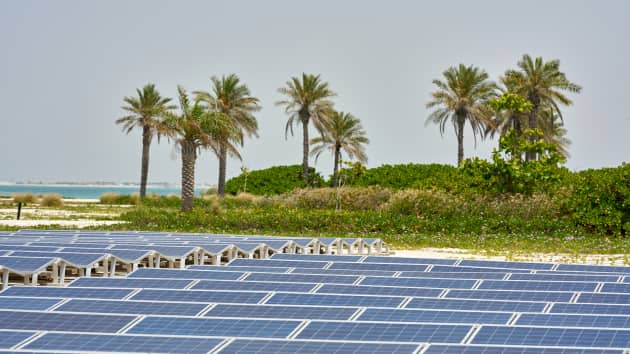
France’s Engie and Abu Dhabi-based renewable energy business Masdar have established a strategic alliance focused on the development of projects related to green hydrogen.
In an announcement at the end of last week, the companies said the agreement would “explore the co-development of a UAE-based green hydrogen hub.”
While fine details of the plan were relatively sparse, the firms will look to develop projects with an electrolyzer capacity of 2 gigawatts.
Investment in the initiative will amount to approximately $5 billion. In a statement, Engie CEO Catherine MacGregor described renewable hydrogen as “an essential tool for the energy transition.”
Engie and Masdar said they would leverage existing infrastructure to “initially target local supply, with the aim of expanding capacity to create a giga-scale green hydrogen hub for the GCC, with the potential to export to other markets.”
The GCC refers to the Gulf Cooperation Council, which consists of Saudi Arabia, the UAE, Bahrain, Kuwait, Qatar and Oman.
More from CNBC Climate:
Read more about how businesses and consumers are fighting and adapting to climate change:
California could keep Diablo Canyon nuclear plant open to 2050 and save $21 billion, say scientists
Apple loses key autos engineer to electric aviation startup Archer
These 11 countries could face extreme instability from climate change, says U.S. intelligence
Why Illinois paid $694 million to keep three nuclear plants open
Hydrogen has a diverse range of applications and can be deployed in a wide range of industries. It can be produced in a number of ways.
One method includes using electrolysis, with an electric current splitting water into oxygen and hydrogen.
If the electricity used in this process comes from a renewable source such as wind or solar then some call it green or renewable hydrogen.
A member of oil cartel OPEC, the United Arab Emirates is a significant producer of crude and gas. It’s also blessed with huge amounts of sunshine — the crucial ingredient for solar power installations.
In May, a Dubai-based project described as the “first industrial scale, solar-driven green hydrogen facility in the Middle East and North Africa” was inaugurated.
In a statement at the time, Siemens Energy said power for the pilot project would come from the Mohammed bin Rashid Al Maktoum Solar Park, a vast solar facility slated to have a production capacity of 5,000 megawatts by 2030.
The agreement between Engie and Masdar, announced on Friday, followed hot on the heels of news that Spanish power company Iberdrola and Sweden’s H2 Green Steel were to partner and develop a major facility that will produce green hydrogen.
Last Thursday, the firms said the 2.3 billion euro ($2.6 billion) project would see them set up a green hydrogen facility with an electrolysis capacity of 1 gigawatt.
Read more about clean energy from CNBC Pro
Missed out on Tesla? Bernstein flags a different way to play the EV trend — and names its top stocks
There’s a ‘great battery race’ ahead says Goldman Sachs. These stocks will win
The ‘lithium decade’ is here as batteries take over — Evercore ISI says buy these stocks
While there is excitement about the potential of hydrogen, some business leaders are cautious when it comes to assessing its prospects, in the near term at least.
In July, for example, Enel CEO Francesco Starace said there was “no competition for capital between hydrogen and renewables.”
“Hydrogen today is a niche, and it is a niche that needs to develop into commercial standard and into … big industry, competitive pricing,” Starace said, signaling that such a shift would probably take 10 years.
